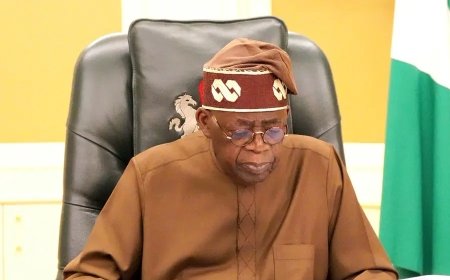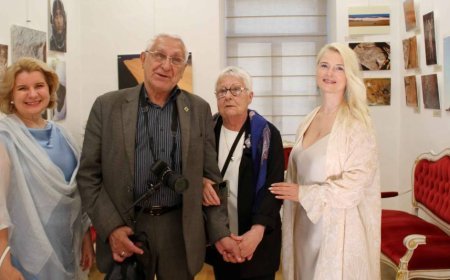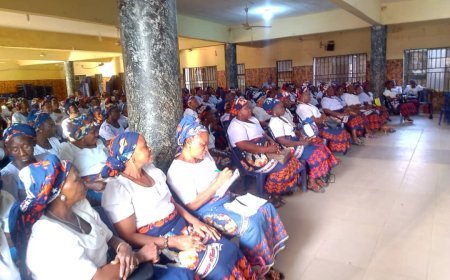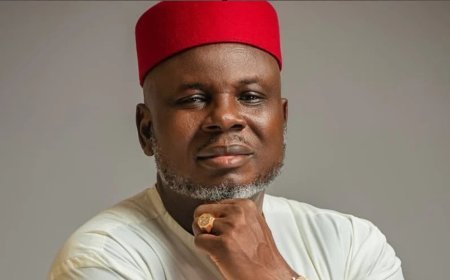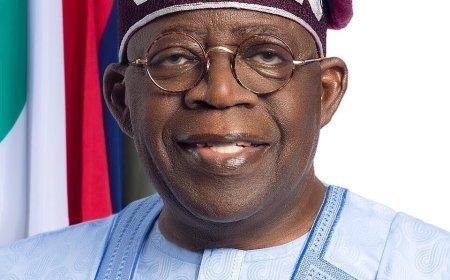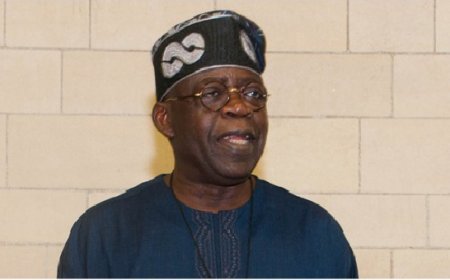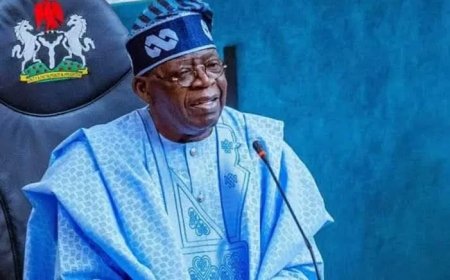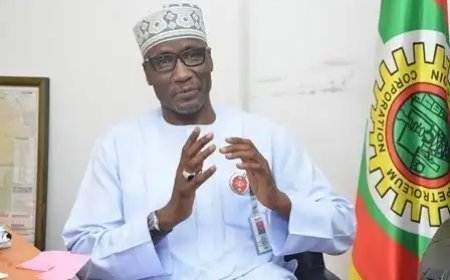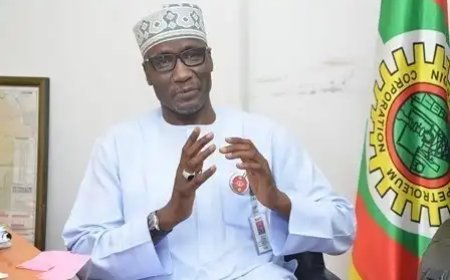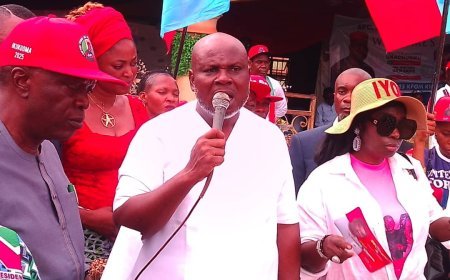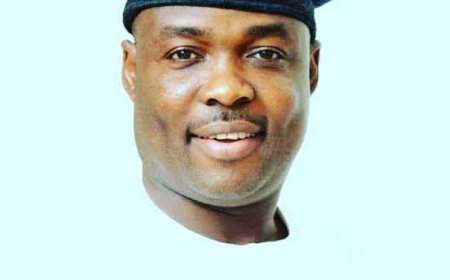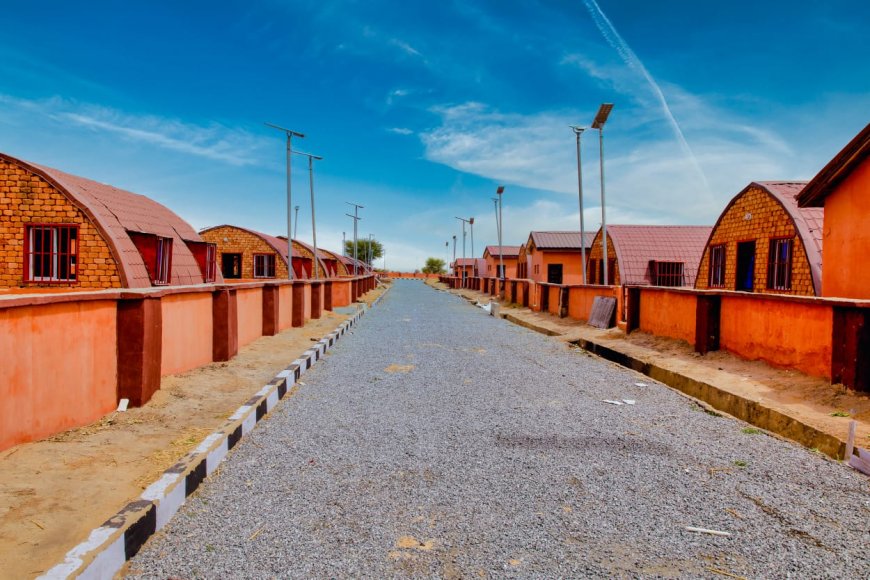Governor Makinde’s Hypocrisy: Who Will Tell Him He is Dancing Naked? ... Oyo Prominent Sons Group
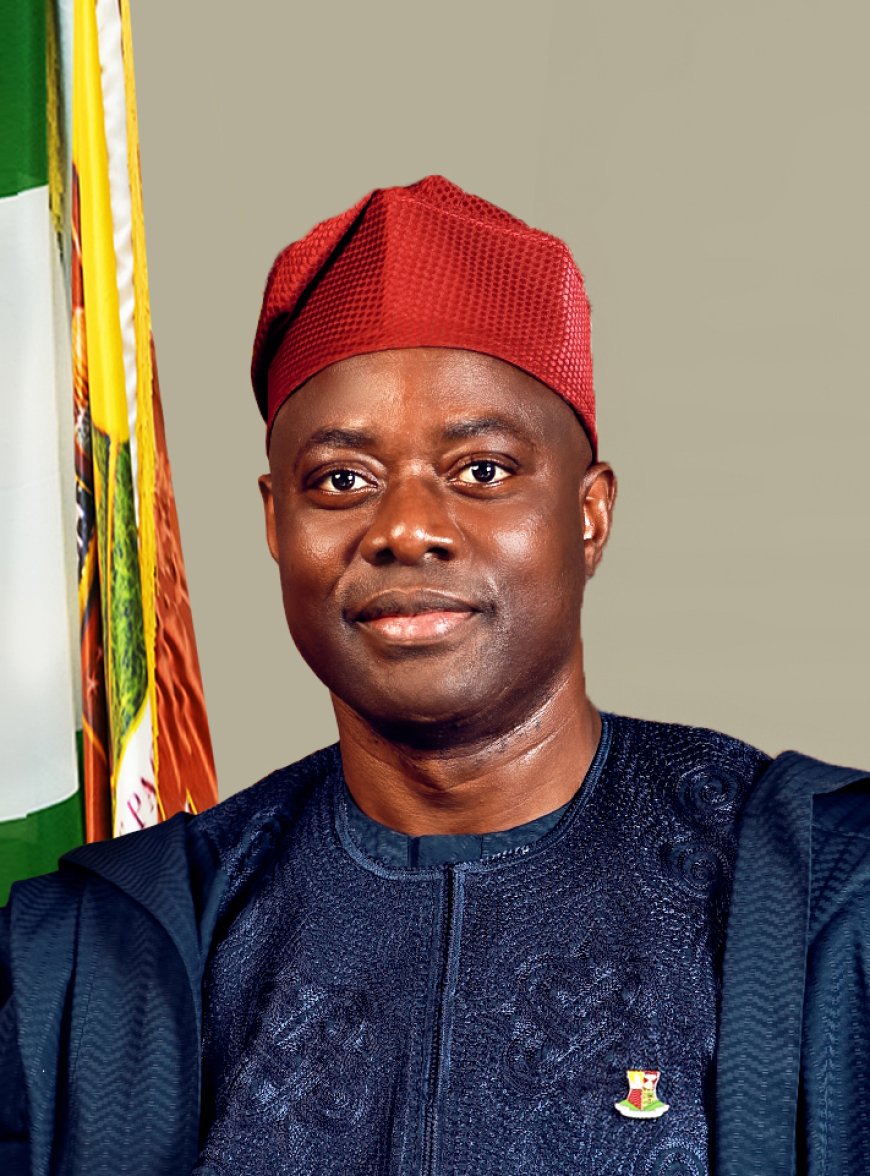
A group under the name , “Oyo Prominent Sons” have chided Governor Seyi Makinde of Oyo over his pretences and deceit in the management of the State .In a statement made available to the media , the Spokesperson of the Group, Chief Olumide Akinlade said ;
Governor Seyi Makinde, since assuming office in 2019, has built a reputation for his carefully curated image of fairness, transparency, and moral uprightness. Yet, beneath this veneer lies a pattern of lawlessness, political deception, and calculated false narratives.
It is time the people of Oyo State confront the uncomfortable truth: Governor Makinde’s governance thrives on moral pretences that mask deep-seated injustices.
First is Makinde’s act of political deception masqueraded as stakeholder engagement. Within the People's Democratic Party (PDP) in Oyo State, Makinde has mastered the art of making grand promises while ensuring their selective implementation.
At every election cycle or in the distribution of political appointments, he calls for what he terms "stakeholders' engagement," promising fairness and transparency. However, when the time comes to deliver, he does the opposite—shutting out critical voices and brutally sidelining those who dare to remind him of his commitments.
A glaring example is his treatment of Oyo Zone, a key region in the state. Makinde is the first governor since 1999 to systematically neglect Oyo Zone in the distribution of principal government positions. In 2019, he attempted to create a facade of inclusivity by appointing a Chief of Staff from Oyo, only to later remove him and replace him with someone from Ogbomoso.
By his second term, he completely erased Oyo Zone from the power equation, revealing his true intent. The question remains: Why the pretence? If he has the right to govern as he pleases, why disguise his actions under the false banner of fairness?
Second, nothing has exposed Governor Makinde’s disregard for tradition and due process more than the crisis surrounding the selection of a new Alaafin of Oyo.
Following the passing of Oba Lamidi Olayiwola Adeyemi III, the seven kingmakers duly selected a successor in accordance with the Alaafin Chieftaincy Declaration. Yet, for over a year, Makinde stalled the process, feigning neutrality while frantically manipulating events behind the scenes for his preferred candidate for the Alaafin stool.
At the final burial of the late Alaafin, Makinde publicly declared that the selection would strictly follow the Chieftaincy Declaration. However, his subsequent actions proved otherwise. In an unprecedented move, the governor personally engaged an Ifa priest and orchestrated the appointment of an Alaafin from his office in Ibadan, even going as far as presenting a staff of office to his chosen Alaafin in a government setting rather than the traditional palace. If the Alaafin’s throne is, as Makinde himself claimed, “a sacred stool for the entire Yorubaland,” why then desecrate its traditions with such blatant interference?
Third, and perhaps the most disturbing, is Makinde’s blatant use of state power to intimidate those who refuse to align with his directives. During the controversial selection of the new Alaafin, the kingmakers who upheld tradition and resisted external interference were suddenly accused of bribery.
The governor threatened them with prosecution unless they submitted to his preferred candidate—a clear attempt to strong-arm them into compliance.
Yet, the contradictions in his claims are glaring. If bribery truly occurred, why was there no immediate investigation? Who were the supposed givers and takers? Who lodged the complaint, and where is the evidence? More suspiciously, why did two kingmakers suddenly “confess” to bribery over a year later—coincidentally aligning with Makinde’s political agenda?
Interestingly, these same two kingmakers, alongside their colleagues, had unanimously selected an Alaafin and even defended their choice in court, only to later "remember" they had collected money. In legal terms, a confession by one accused person does not implicate others without substantive proof, yet Makinde weaponized mere allegations to harass and discredit the traditional kingmakers while pretending to act in good faith.
The most absurd moment came during the sacrilegious presentation of the staff of office to his chosen Alaafin in his government office. The governor declared that the kingmakers who refused to be deceived by his antics would face prosecution for bribery—unless they submitted to the authority of his preferred king. This statement alone exposes the entire charade: if the bribery allegations were genuine, why offer a pardon in exchange for submission? Clearly, the kingmakers had committed no crime; the bribery charge was nothing more than a fabricated tool of coercion.
Makinde must answer a simple question: in his so-called bribery case, who is the giver, who are the takers, who suffered any injury as a result, and who filed the complaint? Until he can provide answers, his actions remain nothing but a desperate attempt to impose his will on Oyo’s revered traditions under the guise of justice.
Chief Akinlade in his conclusion stressed that the people of Oyo State must wake up to the reality that Governor Makinde’s administration is built on a foundation of moral pretenses. He carefully cultivates the image of a fair and just leader, yet his actions tell a different story. Whether in politics or traditional affairs, he thrives on deception, using calculated narratives to mask his autocratic tendencies.
A true leader does not need to hide behind empty words and forced consensus. If Makinde insists on making controversial decisions, he should have the courage to own them publicly rather than pretending to be a neutral arbiter while manipulating outcomes behind the scenes.
The time for moral grandstanding is over. It is time to call things as they are: Governor Makinde is dancing naked in the public square, and no amount of pretense can cover the truth.
What's Your Reaction?








